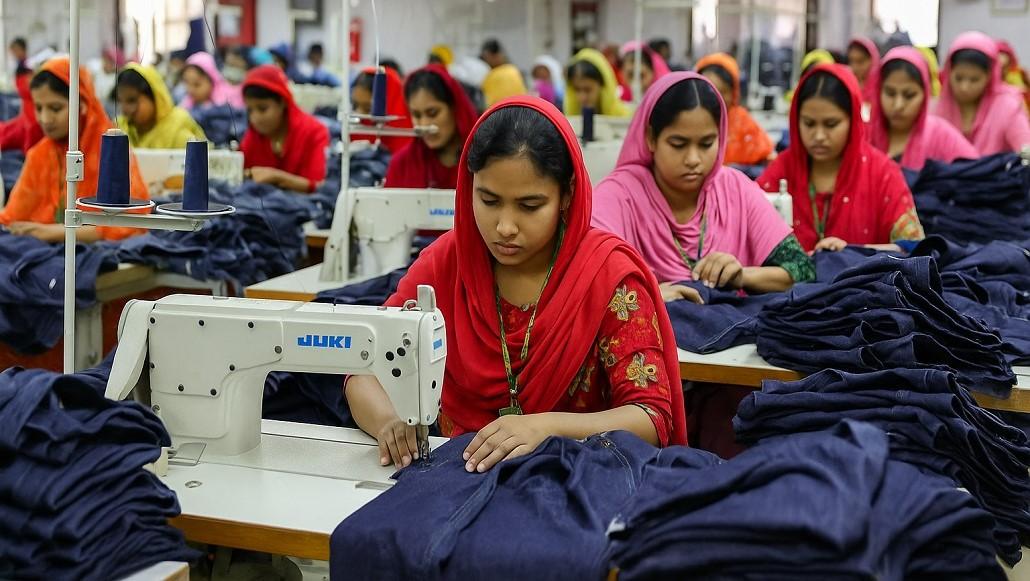The Bangladesh Readymade Garment Sustainability Council (RSC) is set to expand the Worker Complaints Mechanism in Bangladesh, broadening its focus beyond Occupational Safety and Health (OSH) issues.
Starting in mid-November 2025, the new mechanism will encompass the International Labour Organisation’s (ILO) Fundamental Principles and Rights at Work, as well as a variety of other complaints, including wage payments, overtime, employment contracts, severance benefits, and other related workplace matters.
This expansion is prompted by the recognition among Accord signatories and other stakeholders that the existing Complaints Mechanism is unable to manage a significant number of concerns beyond just OSH. As a result, there is a collective agreement to create a unified mechanism that “addresses all workplace-related complaints,” ensuring compliance with the UN Guiding Principles on Business and Human Rights regarding “effective non-judicial grievance mechanisms.”
The implementation of the expanded Worker Complaints Mechanism in Bangladesh will be phased in, beginning with more than 50 signatory brands and about 1,000 factories, eventually extending to all applicable factories by May 2026.
The International Accord, together with the RMG Sustainability Council (RSC) team, signatory brands, and trade unions, will strive to keep the Complaints Mechanism accessible and reliable for workers.
Joris Oldenziel, executive director of the International Accord, stated: “The expanded scope of the Complaints Mechanism allows the RSC to address a wider range of workers’ concerns on behalf of Accord signatories. We are encouraged by the trust that workers, factories, signatories, and other stakeholders have placed in the Complaints Mechanism over the years and remain committed, alongside our RSC colleagues, to continue to operate with independence, impartiality, integrity and respect for confidentiality.”
Industry Response
Despite the positive developments, the Bangladesh Garment Manufacturers and Exporters Association (BGMEA) has voiced opposition to the announcement. The trade body has instructed its member factories to refrain from participating in any RSC initiatives concerning non-OSH-related complaints mechanisms.
In a letter dated November 9, 2023, BGMEA advised its members: “We request all member factories not to respond to any communications, letters, or circulars from the RSC related to the non-OSH complaints mechanism.”
BGMEA, which reports about 4,500 member factories, clarified that the matter is still under review. The association’s management is having ongoing discussions with RSC leadership to clarify future steps through constructive dialogue.
A conclusive decision is expected to emerge from an upcoming RSC board meeting.
Overview of the Worker Complaints Mechanism in Bangladesh
The Worker Complaints Mechanism was initially introduced under the 2013 Accord on Fire and Building Safety in Bangladesh and has been managed by the RMG RSC since June 2020.
This mechanism operates according to the guidelines outlined in the International Accord Framework Agreement and the Bangladesh Safety Agreement.
Since its inception, the mechanism has processed over 4,000 OSH complaints, with workers raising issues related to workplace violence, harassment, denied sick leave, forced overtime, lack of maternity benefits, work-related injuries, and fatalities.
In a bid to promote inclusivity, BGMEA has recently signed a memorandum of understanding (MoU) with the Bangladesh Business and Disability Network (BBDN) to advance workplace integration for individuals with disabilities in Bangladesh’s ready-made garment sector.

































